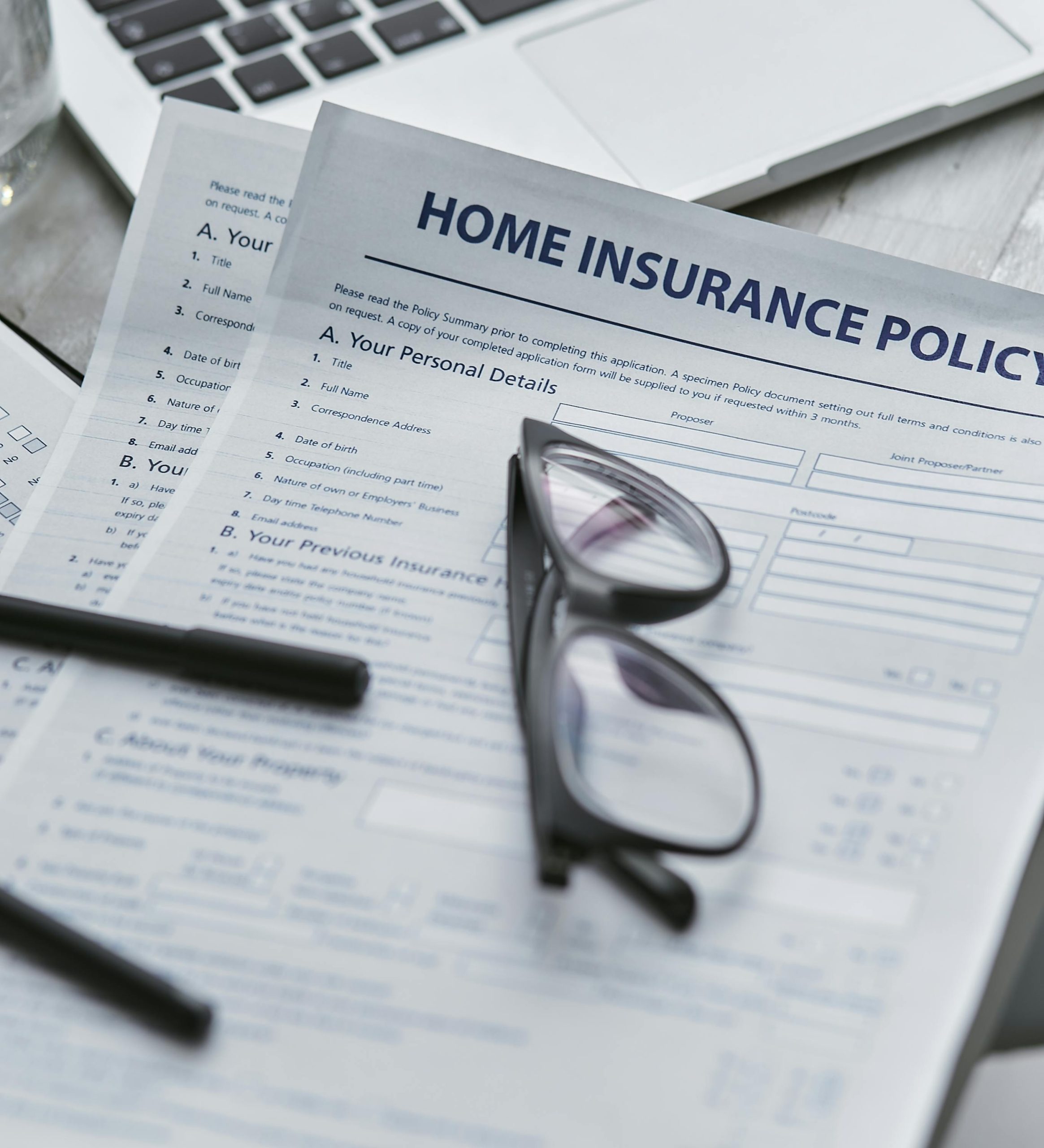Should You Report an Injury to Your Renter’s Insurance? A Cautionary Tale
Navigating the aftermath of an injury sustained in your rental home can be complex, especially when it revolves around structural issues that the landlord was aware of. If you’ve found yourself in a similar situation, you might be wondering whether or not to file a claim with your renter’s insurance.
The Incident
Recently, I encountered a frustrating and painful experience that raised this very question. Our landlord acknowledged back in May that our front porch required significant repairs. They assured us that they would address the issue after inspections were completed. Fast forward to the end of August, and a portion of that porch collapsed just as I was navigating the entrance. Due to my pre-existing disabilities, the fall had particularly severe consequences for me. It was a narrow escape for my dogs, too, as they nearly fell through as well.
After I reported the hazard and alerted the landlord about my injury, the porch was finally repaired, but this led to another pressing question: Should I file a report with my renter’s insurance about the injury?
When to Involve Your Renter’s Insurance
In general, you should consider reporting any injury that occurs on the rental property, especially if it’s a result of negligence or known hazards that the landlord failed to address. Here’s why it might be beneficial:
-
Medical Expenses: If your injury requires medical attention or leads to other costs, having your insurance informed can facilitate the process of seeking reimbursement for your expenses.
-
Documentation: Reporting the incident creates an official record, which can be vital in the event of future disputes or claims related to negligence.
-
Landlord Responsibility: If your rental home has a history of structural issues, involving your insurance may hold the landlord accountable for necessary repairs, especially if they were previously informed of the dangers.
-
Peace of Mind: Finally, knowing that you’ve taken the appropriate steps can provide peace of mind during a stressful and painful time.
Best Practices
Before making the call to your insurance provider, gather any relevant documentation regarding the incident, such as photos of the damage, medical records, and communication with your landlord. This preparation can strengthen your claim and expedite the process.
In conclusion, if you find yourself in a similar scenario involving an injury due to a negligence-related hazard in your rental property, don’t hesitate to explore your options with your renter’s insurance. It’s crucial to advocate for your health and safety while



